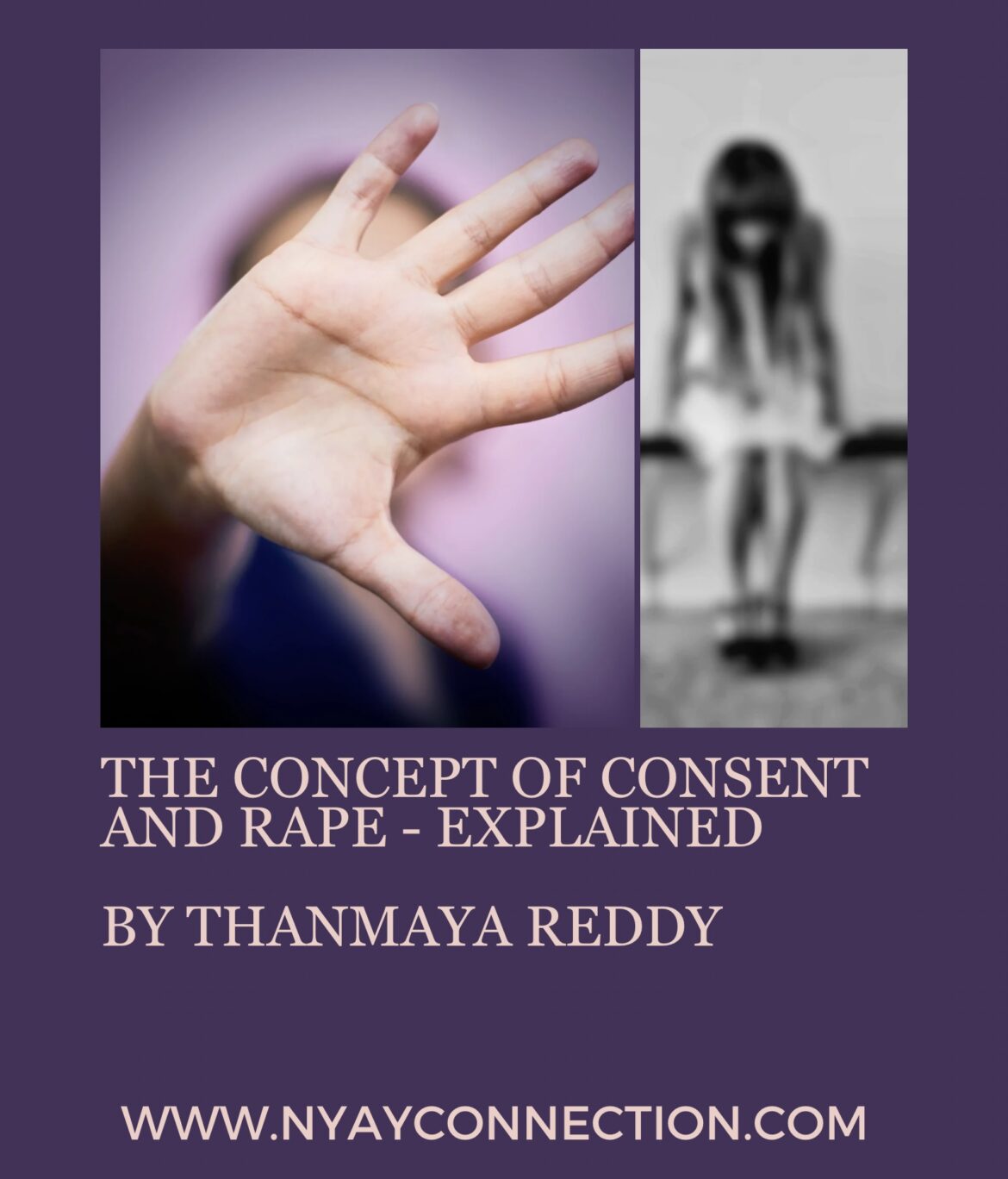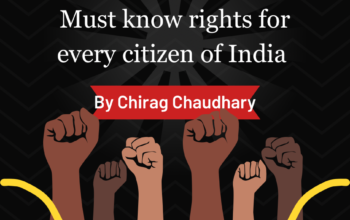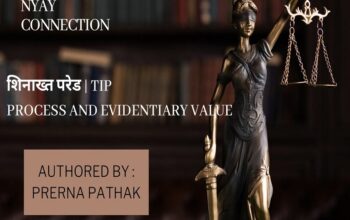INTRODUCTION:
The varying societal meanings, connotations, and points of view of the members of the society have influenced how the Indian judicial system interprets the term “consent.” Consent can be defined as the voluntarily informed agreement between individuals to engage in sexual activities. Consent must be given by both partners freely and voluntarily agree to engage in sexual activity without any compulsion or manipulation for it to be considered consensual. Therefore, it can be said that consent is a substantial element in determining rape.
Rape is a type of sexual assault and criminal force that entails having penetrative intercourse with a victim either against her will, without her permission or by threatening the victim. A heinous crime like rape can have lasting effects on the victim’s physical, emotional, and psychological health. Injuries, trauma, and sexually transmitted diseases are a few examples of the physical effects of rape. The emotional and psychological damage that victims may face includes despair, anxiety, post-traumatic stress disorder (PTSD), and even suicidal thoughts.
It is therefore fundamental that consent must be granted by people who are competent enough to comprehend the nature and implications of sexual activity, which necessitates that they are of legal age and free from drug or alcohol use. Indian courts have interpreted consent in various ways contingent on different facts and circumstances pertaining to each case. However, a frequently noticed phenomenon in all cases is the constant victimisation of the victim. The victim is constantly subjected to reliving her trauma and is ostracised in most situations.
STATUTORY PROVISIONS:
Indian Penal Code:
According to Section 375 of the IPC (Indian Criminal Code, 1860), rape is considered to have occurred if a male engages in sexual activity with a woman:
- Without her explicit consent, against her will;
- by using force to get her to agree, or by threatening to harm or murder her or someone close to her;
- By leading her to believe that the man is her legally wedded husband;
- By getting her approval when she was not of sound mind, drunk, or by giving her any other chemicals that would impair her judgement;
- If she is younger than 18, with or without her permission.
The exceptions under this provision include any medical intervention and sexual acts between a married couple, a husband, and a wife provided that the wife is above fifteen years of age. Section 376 of The Indian Penal Code outlines the penalties for rape. According to the Section, anybody who commits the offence of rape outside of the exceptions listed in the provision provided 376(2) faces a jail sentence of not less than 10 years which may extend up to life imprisonment. The convict further is additionally liable for payment of a fine.
JUDICIAL ANALYSIS:
Mahmood Farooqui v. State (Govt. of NCT of Delhi), 2017 SCC OnLine Del 6378
The Delhi High Court acquitted film director Mahmood Farooqui of rape charges (oral sex without consent) due to insufficient clarity in the case to establish the absence of consent, among other reasons. The court found the resistance from the victim to be “feeble” and did not consider a weak “no” as sufficient to establish the absence of consent. The victim challenged this verdict in the Supreme Court, which upheld the acquittal, stating that there were no grounds to believe that the act of oral sex happened without consent. However, the Delhi High Court’s judgment was widely criticized for perpetuating stereotypes like “no does not always mean no” and suggesting that a feeble “no” from a woman in certain circumstances may mean “yes.”
Rao Harnarain Singh v. State of Punjab, AIR 1958 P&H 123
In this case, the court determined that a woman’s consent to sexual intercourse must be based on her reasonable understanding of the circumstances and situations. It must also be revocable at any time during the act. The Supreme Court further elaborated in the case of State of Himachal Pradesh v. Mango Ram that all relevant circumstances of the case should be considered while determining the presence of consent.
Independent Thought v. Union of India (2017) 10 SCC 800
The recent judgement that criminalized sexual intercourse with a wife who is below 18 years of age was based on the POCSO act and its overriding effect on Articles 14, 21, and 15. This move by the court was a significant step towards protecting minor girls from being raped by their husbands. However, the judgement failed to protect women who are 18 years and older from such atrocities committed by their husbands. Additionally, the judgement did not consider cases, where the husband is also underage and consensual sexual intercourse, occurs between them. Despite the court’s assertion that the case was not about marital rape, the reasoning applied in this case regarding the violation of fundamental rights.
Tukaram & Ors. v. State of Maharashtra, 979 Supreme Court Cases (Cri) 381
The Mathura rape case is a notorious judgment by an Indian court, which has been criticized heavily. The victim, Mathura, was a sixteen-year-old tribal girl who was subjected to gang rape at a police station. However, the accused were acquitted by the Supreme Court of India, stating that the incident was peaceful and consensual since there were no injuries on Mathura’s body. The court also disbelieved her testimony, labelling her as a woman with an “immoral character” because her tribe practised open marriage.
CONCLUSION:
In summary, the issues of consent and rape in India require urgent attention and action. While the judiciary has taken some important steps, more needs to be done to ensure that survivors of rape are treated with care and sensitivity. The legal system must be reformed to expedite rape cases and provide support and protection to survivors. The government must also work towards promoting gender equality and dismantling patriarchal attitudes that contribute to rape culture. It will take a collaborative effort from all stakeholders to eradicate rape and protect the bodily autonomy and dignity of every individual. However, the unfortunate reality is that victims who do not fit the description of an “ideal victim” are often denied justice in both overt and covert ways by the Indian courts. Therefore, it is crucial for the criminal justice system to take necessary measures to avoid the victimization of rape and sexual assault survivors during trial proceedings.
This article is written by Thanmaya Reddy. Thanmaya is a 1st year law student from Christ (Deemed to be University)
If you are also a law student or professional and want to contribute to the website, you may send your submission at nyayconnection@gmail.com.




